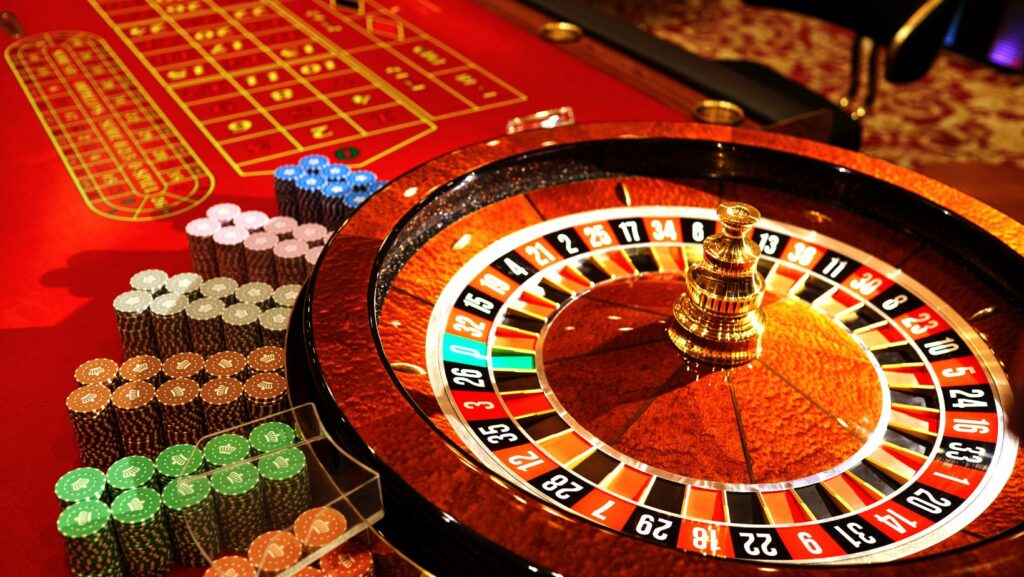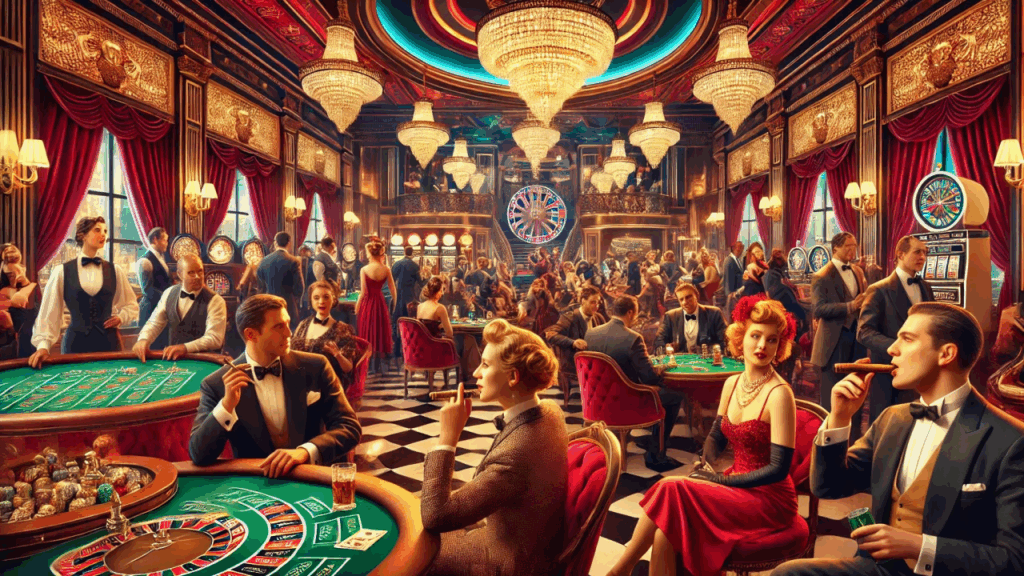Gambling is a global industry, with millions of sports fans preferring to support their favorite teams or hoping to hit the jackpot during a live match. This pastime has been a part of human culture for centuries, from ancient dice games and predictions on the Olympics to the innovative digital scene. Different countries have developed their local traditions that shape this entertainment option: some are rooted in old customs, while others are heavily influenced by technological advancement. As the sector has already gone global, erasing all borders among states, exploring the authentic spirit of gambling in various regions remains exciting.
Betting Shops and Football Pools in the UK
The British iGaming sector is among the best-developed in the world, characterized by clear industry regulations and a highly regulated environment. Despite the nationwide accessibility of online bookmakers, many punters still select old-fashioned experiences. The UK is full of brick-and-mortar betting shops. This way, the county maintains its traditions and keeps the spirit of community gambling, which was popular before the introduction of the first digital sportsbooks. Football pools are a unique part of British culture, which appeared in the 1920s. Here, players can predict the event’s outcome to get a high payout from even a minimal stake.
Bangladesh: Gambling in Shadows
According to 2024 reports, over 5 million Bangladeshi residents regularly participate in betting and casino gaming activities. However, there’s one important point: all forms of gambling-related entertainment are prohibited in the state. Users cannot legally access online casinos registered in the state, but there’s nothing impossible for locals. Players can use the legal loophole and enjoy overseas platforms without any consequences.

Leading service providers like ixBet operate in the country, providing Bangladeshi users with tons of thrilling games, unlimited betting markets, and localized interfaces. What makes the country’s gambling scene unique is its duality. Public condemnation and strict laws on one hand, but a persistent underground interest on the other, create an unusual environment, which actually doesn’t prevent locals from seeking the best opportunities. Many users in the state are passionate about cricket, so it’s not surprising that this discipline is widely promoted on websites targeting players from Bangladesh.
United States: Las Vegas and Tribal Casinos
When thinking about gambling, many imagine Las Vegas, which has been the industry powerhouse for the last century. Despite the quick evolution of online casinos globally, millions of players dream of visiting the renowned Bellagio or just walking along the strip. Tribal gaming venues are the distinctive feature of the country: they are operated not only in Las Vegas but also far beyond its borders.
In addition to the allure of Las Vegas, locals and visitors can enjoy state lotteries, which are accessible to everyone. Gambling in the US isn’t just entertainment. Instead, it’s a huge business that is regulated on the national level and eventually brings significant revenue to the budget. Many countries should consider this approach to enhance their socioeconomic climate and combat illicit activities.
Macau, the Las Vegas of the East
Gambling is officially prohibited in Mainland China, but Macau is a real haven for risk-seekers. The casino region is projected to beat Las Vegas in terms of popularity and has already become a regional phenomenon. The history of gambling in Macau began in the 1850s and continues to flourish to this day. Here are the main reasons why it’s culturally important:
- Gambling is allowed in Macau as it’s a Special Administrative Region of China
- The city offers a blend of Portuguese and Chinese cultures, affected by colonisers
- The historic centre of Macau is a UNESCO World Heritage Site
- Local operators focus on high-stakes gambling
- It’s the only region in China where casinos are not prohibited
- Chinese traditions are maintained in Macau gaming establishments
In Nevada, casinos complement the entire landscape, where people come to see shows, enjoy concerts, and discover the best entertainment options beyond slots. In the Chinese city, everything is different. The entire Macau is focused on gambling, which attracts highrollers from across the world. Those seeking luxurious experiences never miss the chance to visit this place with its majestic venues.
Japan: A Ban on Gambling and Growing Demand for Pachinko
The country doesn’t allow gambling activities, whether online or offline. However, one of the oldest civilizations cannot exist without a rich history of games of chance. Pachinko is one of the most widespread entertainment options in the region. It’s a vertical pinball-style game, often played in bright, noisy parlors that dot every Japanese city. As casino-related activities are prohibited, people play with balls that can be later exchanged for rewards with real-life value. This trick allows locals to get around limitations but still enjoy this form of risky activities without penalties.
Italy, the Cradle of Modern Lotteries
There’s hardly anyone who doesn’t know how lotteries work, but not many think about their history. This game was established in Italy in the Renaissance era, and its popularity quickly spread across the continent.

The first state-run lottery is believed to have been established in Genoa in the 16th century, when underground gambling activities were on the rise in Europe. Italy also boasts the oldest casino in the world in Venice. It was opened in 1638 and became a hotspot for the monarchy and the wealthy. Unlike some countries where gambling is restricted, Italy perceives the activity as a valuable part of local traditions. Modern laws are strict, but this approach strikes a balance between regulations and cultural legacy.

